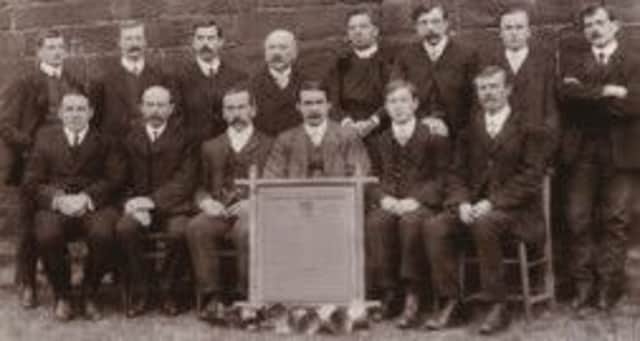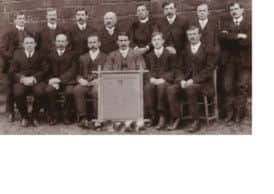Ringing the changes followed by tragedy


Originally the church had four bells that were believed to have been made in 1721 at Wootton and a tenor bell that had been cast by Taylor & Co. of St. Neots in 1805. By 1912, the bells were in a poor state of repair so it was decided to re-cast them, adding three extra bells and rebuilding the hanging frame using part of the old oak structure.
Sadly, three of the men from this new company of ringers were to lose their lives as a direct result of WW1. The first two, Harry Rowlett and Edmund Stratton, were killed in 1916 and their names are recorded on the Thiepval memorial. The third, Leonard C Franklin died in 1919 of injuries sustained in the war. The chancel screen in the church is dedicated to him. All three names are on the Biggleswade War Memorial.
Advertisement
Hide AdAdvertisement
Hide AdAs a more permanent memorial of the ringers of 1912 it is hoped that the bells of St Andrew’s can be renovated and updated so as to ensure that they last for at least another 100 years. In the meantime, Charlotte would love to know if there are any relatives of Edmund Stratton, Harry Rowlett, and Leonard C. Franklin still living in the area. Please contact Memory Lane.


In the photograph are: left to right in the back row - R.M. Spong, Leonard C. Franklin, R. Olney, Hy Franklin (churchwarden), Rev. R.S. Bagshaw, F. Thompson, H.B. Smith, C.A. Pratt; left to right in the front row - M.G. Walker, A. Franklin, E. Hussey (vice captain), F. Blood (captain), Harry Rowlett (secretary), and Edmund Stratton.